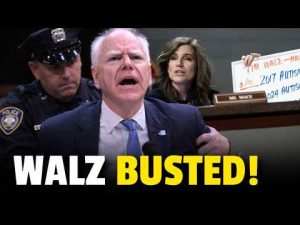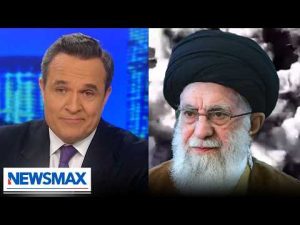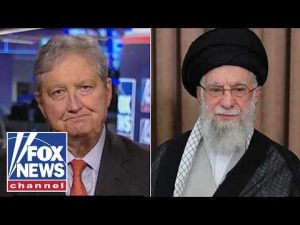**Trump’s Bold Pardon Promises: A Game Changer for January 6 Defendants**
In a bold move that sent ripples through the political landscape, Donald Trump announced plans to pardon those involved in the January 6 Capitol events within the first nine minutes of his presidency if he reclaims the Oval Office. This announcement is a commitment to a campaign promise that has resonated deeply with his supporters, many of whom view the prosecution of January 6 defendants as a politically motivated effort. By pledging to grant these pardons, Trump is tapping into a robust narrative of defending individuals whom he and many believe were wrongfully accused for merely exercising their constitutional rights.
The emotional weight of Trump’s announcement cannot be understated. For many, especially those who have felt the repercussions of the January 6 incidents, this promise represents hope and vindication. It reignites discussions about the treatment of those labeled as insurrectionists, a term that remains polarizing among Americans. Some see the events of that day as a radical uprising, while others view them as a misguided but passionate protest against perceived injustices. Trump’s pardon pledge, therefore, is likely to energize his base, symbolizing a fight against what they perceive as an overreach of government authority.
But the announcement is not just about pardoning individuals; it also raises important questions about the events of January 6 and the decisions made that day. One of the more contentious points of discussion is the refusal to deploy the National Guard during the Capitol chaos. Investigative reports have revealed that directives were given both by Trump and other leaders for the National Guard to be ready, but those orders were allegedly ignored. This prompts a larger conversation about the chains of command within the military and how political sentiments may have influenced critical decisions when the Capitol was under siege.
Among those sharing their insights on these military decisions and political ramifications is Colonel Casey Worzinski, who served as the Assistant Secretary of the Army during the Trump administration. Worzinski’s perspective adds a layer of depth to the ongoing investigation into the decisions made that day. According to him, there were fears among military leaders about the “optics” of military presence at the Capitol, leading to a notable absence of support when it may have been most needed. This raises eyebrows about military neutrality and whether personal political beliefs may have paralyzed critical response efforts.
Moreover, in the unfolding narrative of January 6, the role of the FBI has once again come under scrutiny. Reports indicating the presence of numerous FBI informants during the events of that day have triggered questions about their influence and knowledge of the incidents. Some argue that if federal agents were present, it calls into question whether they might have acted as provocateurs in the heat of the moment. The murky waters of law enforcement and political oversight continue to fuel conspiracy theories and questions about the true nature of that day’s events.
As Trump’s plan to issue pardons for January 6 defendants gains traction, it is an extraordinary opportunity for fresh discourse about the implications of governmental power, military accountability, and the fundamental rights of citizens. With many Americans apprehensive about the perceived politicization of justice, Trump’s approach may prove to be a significant test of public sentiment. While comments about potential free speech violations continue to circulate, one thing is clear: the upcoming presidential election will be pivotal, as the nation grapples with the balance of justice, a call to action, and the fervor of its political divisions.
As the shadows of January 6 loom large, the conversations surrounding it—including Trump’s pledge—will continue to resonate in the hearts and minds of many Americans for years to come. The potential pardons seem less about simply absolving defendants of their actions and more about opening a dialogue on accountability, representation, and freedom within the tapestry of American democracy. The coming months will be crucial to watch as this story unfolds, and Americans brace themselves for the debates that lie ahead.







